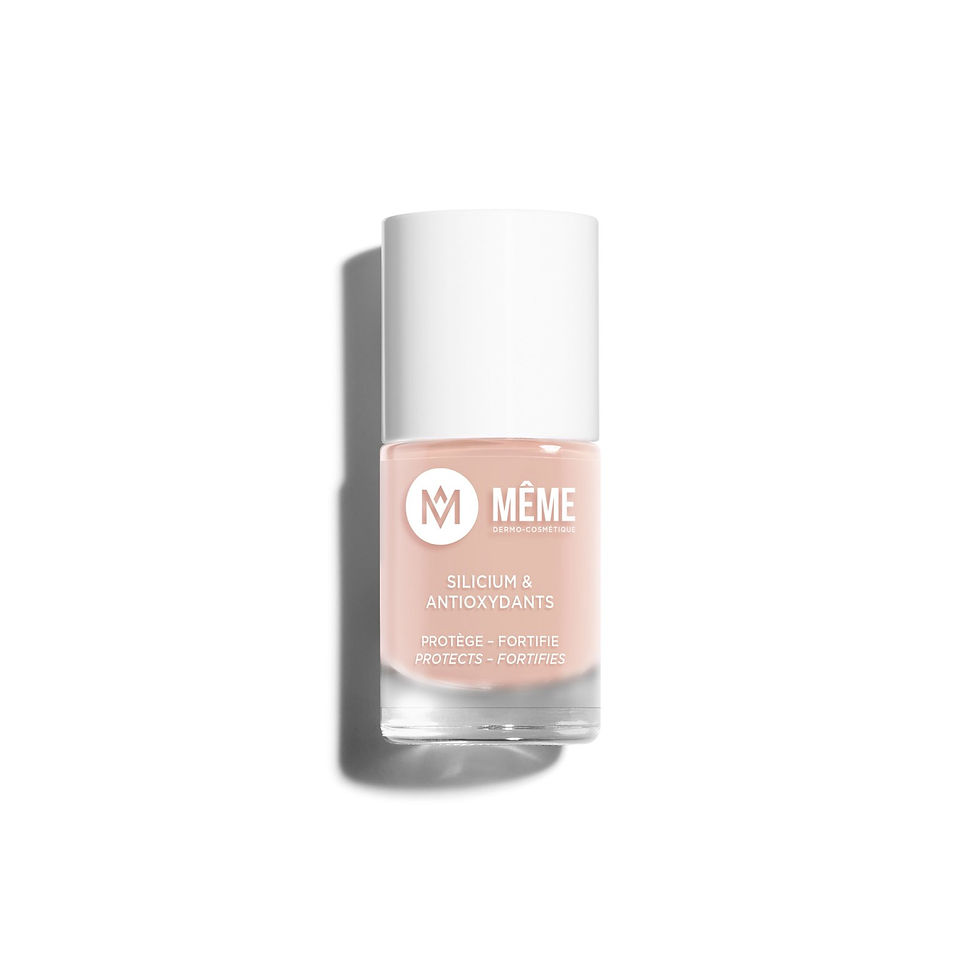Thymuskin Sclero Discret Cream - SAMPLE
Thymuskin Scelro Discret Cream, for intimate hygiene for dry skin, itching, and lichen sclerosus.
Regular use regenerates and stabilises the skin condition. Suitable for sensitive skin.
- Suitable for sensitive and atrophic skin
- Optimal care between flare-ups
- Well tolerated, suitable for long-term use
- Dermatologically tested
4ml Sample Sachet
The full size 50ml Thymuskin Sclero Discret Cream is available here:
Maximum of 3 free samples available per person. Free samples are limited and available while stocks last. Payment for postage is required at checkout.
As we age the speed of cell division decreases and the skin loses elasticity. Dermal elasticity, the proportion of fat tissue and the ability to bind moisture decreases, causing dry skin. The menopause, whether natural or treatment related, can exacerbate this process.
Dry skin is often prone to irritation and itching and can become increasingly thinner and more sensitive. Regular care with Thymuskin Sclero discret cream can reduce itching and help to regenerate the skin.
Lichen sclerosus is a chronic inflammatory, non-infectious condition of the vulva. All age groups are affected. The clinical symptoms are characterised by itching, burning, pain in general and painful sexual intercourse. Lichen sclerosus patients have a highly sensitive, irritable vulva skin. Choosing the right therapy and care is important.
Thymuskin Sclero discret offers the optimal skin care for the genital area in genital Lichen sclerosus of women and men (pimosis). With regard to a possible skin irritant effect, the cream is classified as harmless even on very sensitive skin.
The GKL-02 thymic peptide complex contained in Thymuskin Sclero discret cream is not of animal origin and has a skin-caring and regenerating effect on the upper layers of the skin.
During the relapse-free intervals, local care plays an important role. An application observation of the skin clinic Darmstadt showed promising results of an accompanying therapy with non-animal thymic peptides: in more than 71% of the cases Thymuskin Sclero Discret showed a decrease of itching, burning and also sclerosis. Relapse-free intervals were therefore able to be extended. Local adverse reactions were not observed.
















